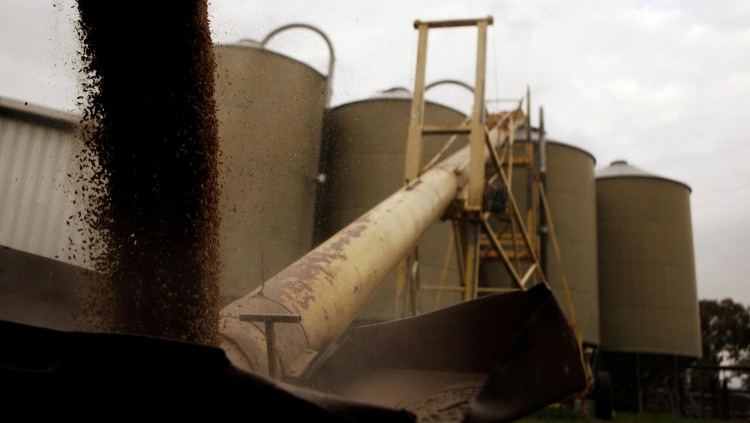In what may become a deterioration in relations as key trading partners collide over the coronavirus outbreak, China is looking at targeting more Australian exports including wine and dairy, people with knowledge of the issue, disclosed.
Chinese authorities drew up a list of possible products like fish, oatmeal, and fruit that could be subject to more stringent quality inspections, anti-dumping scrutiny, tariffs, or customs delays, the sources said, asking not to be named as discussions are confidential. State media could also promote consumer bans, sources stated, adding a decision has yet to be finalised.
Australia's trade minister on Tuesday said his country did not want to be embroiled in a trade dispute with China but insisted that Beijing had made a mistake by placing strict taxes on Australian barley in what is perceived as a retaliation for supporting a coronavirus pandemic investigation.
China has thus effectively scrapped imports of the Australian product by imposing tariffs of over 80 percent on the crop, accusing Australia of violating the rules of the World Trade Organization by subsidizing the production of barley and selling the grain in China at lower production costs.
The move came a week after China banned imports of beef from Australia's four biggest slaughterhouses over labeling issues. Both sides have claimed that barley is a technical trade matter, and Australian economic authorities have played down the risks of a trade discord, pointing out that there would be no tit-for-tat response.
For the part of Australian Minister of Agriculture David Littleproud, to say that he is disappointed is an "understatement," as reported by Holly Robertson in an AFP story, which added the move by the Chinese is something they will "strongly reject."
In a related development, Chinese leader Xi Jinping told the decision-making committee of the World Health Organization that his country would support a comprehensive evaluation after the pandemic is placed under control.
Australian Prime Minister Scott Morrison's call for an inquiry, alongside his counterparts at the European Union, has been a spark plug of sorts for a more assertive decisive approach by Chinese consulates to the negative feedback of the way it handled the coronavirus outbreak.
The coronavirus, which has killed more than 320,957 and has sickened around 49,27,523 people across the globe, was first reported to have emerged in Wuhan, China in December last year.
Australia was the first nation hence to call for an investigation into the outbreak. Over a hundred countries have since supported the call. However, Chinese officials have downplayed as baseless the probe of how it handled the pandemic, stating it had been cooperative and transparent, despite mounting doubts regarding the accuracy of its official fatality figures.






